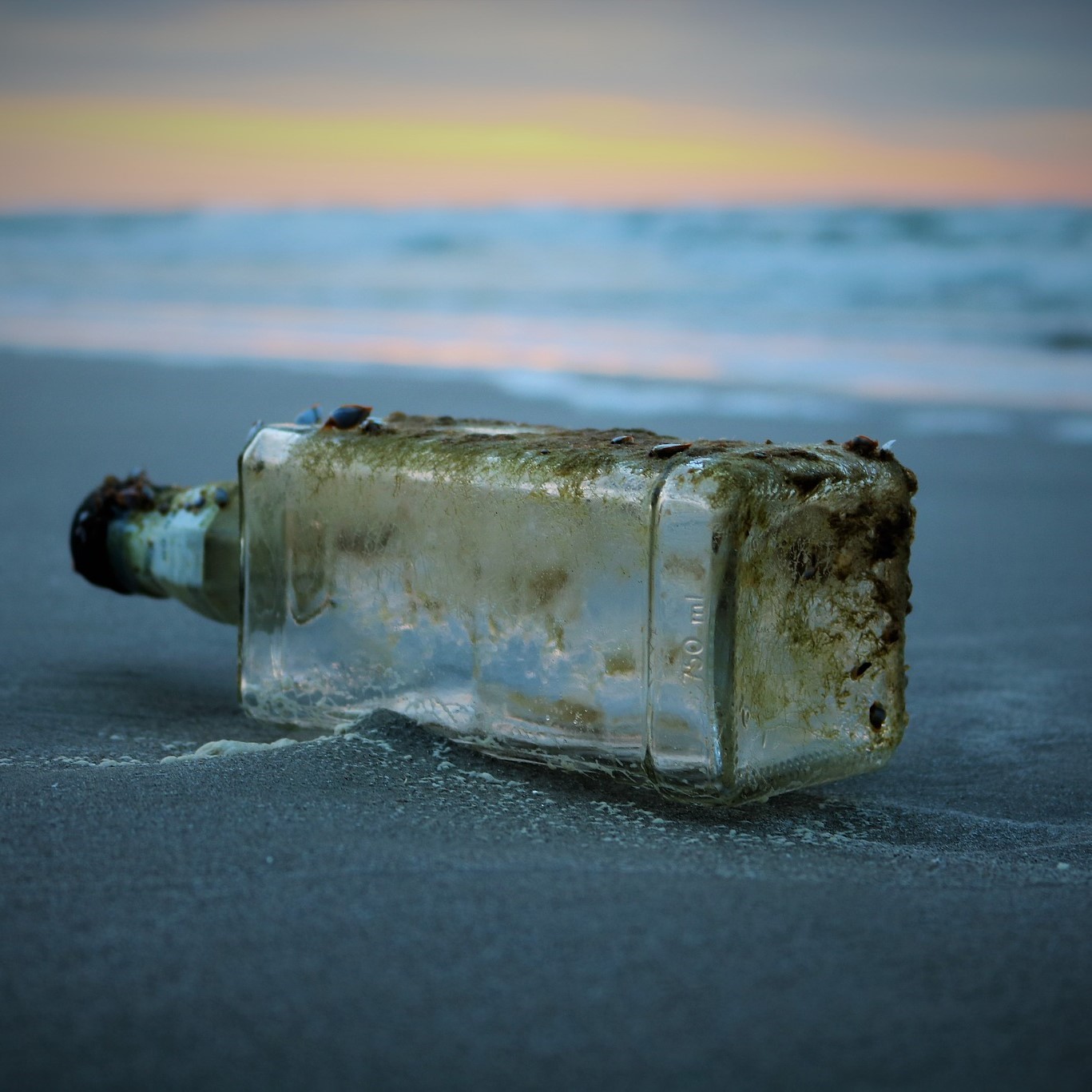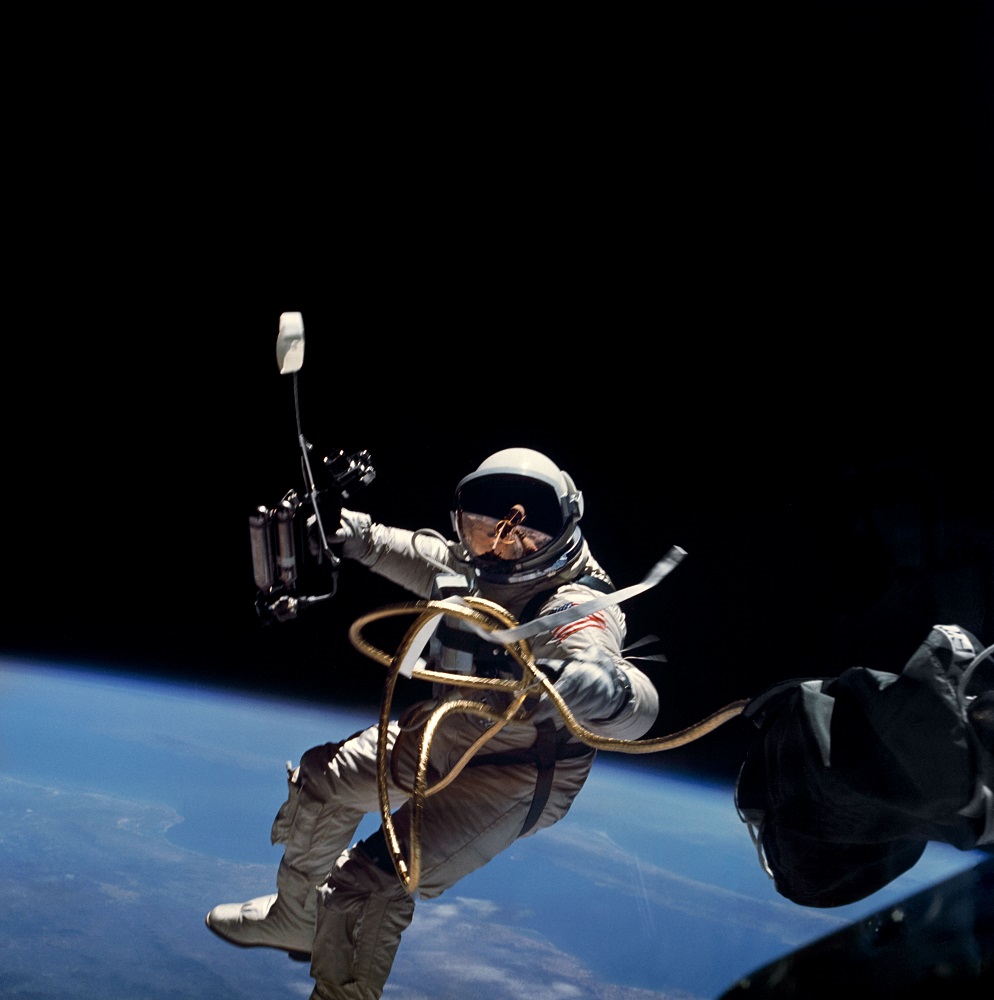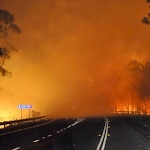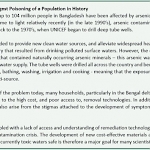
Ending the time of waste
We are the last generation that can prevent irreparable damage to our planet, let's clean up, catch up and smarten up.
1 November 2019

Nano-bionic life
Astronauts survive in space by utilizing protective and augmentative suits. Space suits can act as self-contained and self-cleaning environments, that protect and help the astronaut from the harshness of space. Scaling analogous suits down to the nanoscale allows for simple organisms to survive and even thrive in normally toxic environments. These augmented organisms are termed “bionic lifeforms” as they combine the promise of nanomaterials with life.
6 June 2018

Global Risk: the Wildfire in the Commons
What distinguishes many of today's problems from those faced by former generations? The interconnected nature of global issues like emerging bio-technologies and climate change raises the possibility of 'wildfire risks', where the actions of one can have a great impact on many.
24 June 2015

Opinion
Power to the People: Building local energy capacity
The challenge of moving towards a low carbon future is one now embraced by the political leaders of the G7, but how that path will unfold is still a live political debate. Local energy co-operatives offer a viable and progressive path to sustainability.
22 June 2015

Lighting up Lives with Energy Efficient Lighting
New Light Emitting Diode (LED) technology could potentially achieve a reduction of 15% in total electricity consumption in developed countries
1 May 2012

Arsenic: Mass Poisoning in the 21st Century
Access to clean water is a fundamental human need. We must find low-cost ways of analysing toxic contaminants in the field, and develop cheap and effective remediation methods.
1 May 2012






